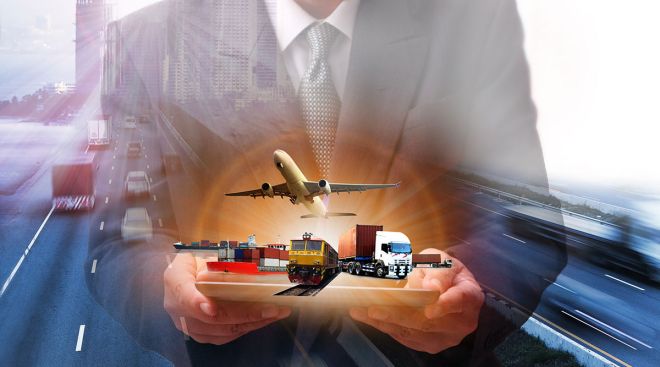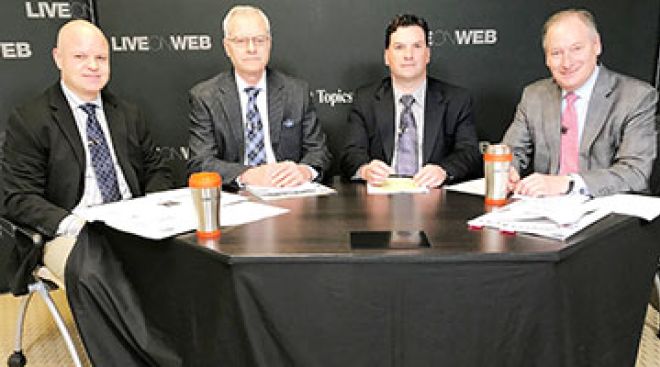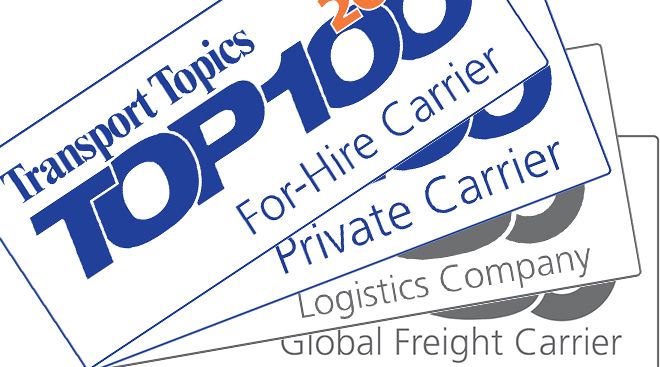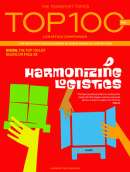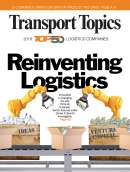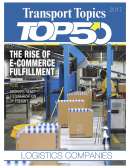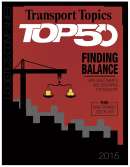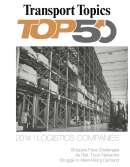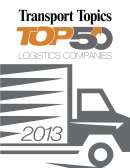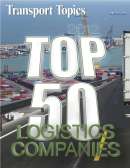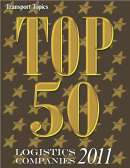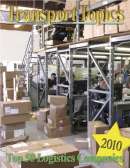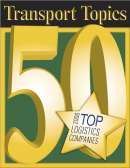2018 Essential Financial and Operating Information for the 50 Largest Logistics Companies in North America
Logistics 50 | Freight Brokerage | Dry Storage Warehousing | Refrigerated Warehousing | Dedicated | Ocean Freight | Airfreight
Top Refrigerated Firms
| Rank | Company | Total Refrigerated Storage (Millions of Cu. Ft.) | No. of Warehouses |
|---|---|---|---|
| 1 | Americold Logistics | 945.0 | 160 |
| 2 | Lineage Logistics | 600.0 | 114 |
| 3 | Preferred Freezer Services | 300.0 | 37 |
| 4 | United States Cold Storage | 270.0 | 38 |
| 5 | XPO Logistics | 141.8 | 401 |
| 6 | VersaCold Logistics Services | 118.0 | 31 |
| 7 | Interstate Warehousing | 100.0 | 7 |
| 8 | Cloverleaf Cold Storage | 91.0 | 17 |
| 9 | Henningsen Cold Storage | 60.0 | 11 |
| 10 | Conestoga Cold Storage | 37.0 | 5 |
| 11 | Hanson Logistics | 37.0 | 9 |
| 12 | Allied Frozen Storage | 35.0 | 7 |
| 13 | Trenton Cold Storage | 28.0 | 8 |
| 14 | FST Logistics | 22.5 | 6 |
| 15 | NFI | 15.9 | 130 |
| 16 | Agro Merchants Group | 7.5 | |
| 17 | Penske Logistics | 1.9 | 87 |
| 18 | Peoples Services Inc. | 1.2 | 37 |
Top 50 Logistics Companies provide logistics services, including freight brokerage, freight forwarding, warehousing and dedicated contract carriage in North America and are ranked on the basis of annual gross revenue. Some sector rankings may have been updated since their print publication. To be included in the Top 50 list, please send contact information to tteditor@ttnews.com. We will contact you via phone or e-mail to get information about your company prior to publication of the next Top 50 list.

On the Bubble
US Ports, Private Firms to Spend $154.8 Billion on Projects Over the Next 5 Years, AAPA Says
U .S. ports and private com panies will spend an esti mated $154.8 billion on capital projects over the next five years, from dredging harbors and expanding terminals to building warehouses and buying automated container handling equipment, according to the American Association of Port Authorities.
Takeaway: Focus on Ports
Just as highway bottlenecks can impede the transport of goods over the road, congestion in and around the nation’s seaports can disrupt the supply chains of companies that import and export goods.
Hanjin’s Stranded Cargo Begins to Flow at US Ports
Cargo stranded by the Hanjin Shipping bankruptcy slowly began to flow through U.S. ports last week, offering the first small signs of relief for truckers and their customers.
Fleets Fret Over Claims on Bad Hanjin Cargo
As Hanjin Shipping vessels finally arrive in the United States, some motor carriers are reluctant or refusing to accept cargo that might have been damaged because it could expose them to liability claims.
Managing CSA
Despite the removal of Compliance, Safety, Accountability scores from public view late last year, many shippers and third-party logistics providers remain eager to track carriers’ safety performance, and technology providers are helping to fill that void.
Total Quality Logistics to Open Kansas City Office
Total Quality Logistics plans to open a new sales office in Kansas City, Missouri, on Nov. 14. It's the second location for the freight brokerage firm in the state.
September 16, 2016Hanjin Cargo Owners Say Bid to Unload Vessels Isn’t Working
Bankrupt Hanjin Shipping Co.’s efforts to unload vessels in the United States while it goes through bankruptcy in South Korea are meeting with complaints from cargo owners and from the companies that service and equip its fleet.
New Freight Forward Network Forms to Take on Multinationals
A new industry group called the Globalia Logistics Network has been formed to align independent freight forwarders to compete with large multinational logistics providers.
September 16, 2016Hanjin Collapse May Hurry Shipping Consolidation, Hapag Says
The collapse of Hanjin Shipping Co. will probably spark fresh consolidation among container lines as they attempt to ride out the shock waves buffeting the industry, Hapag-Lloyd AG CEO Rolf Habben Jansen said.
Looming Trailer Shortage Newest Hanjin Bankruptcy Crisis
The bankruptcy of Korean ocean liner Hanjin Shipping Co. is causing ripple effects for importers bringing goods from Asian factories to U.S. malls by creating a shortage of trailers to move containers on U.S. roads.




